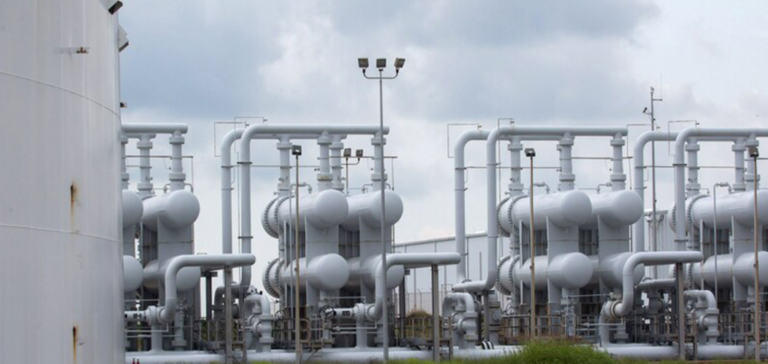Oil refinery utilization rates in China are down on the record third quarter, due to lower margins and a shortage of export quotas, industry traders and consultancies said. This drop in refinery output could reduce demand for crude oil from the world’s main importer and limit world oil prices, which could have consequences for crude oil reserves in China and prices for its main supplier, Russia.
Impact on global oil demand
According to consulting firm FGE, China is expected to process 15.1 million barrels per day (bpd) in November, compared with 15.37 million bpd in October. This decrease was mainly due to production cutbacks at independent refineries, known as “teapots”, and at state-owned refineries. Mia Geng, head of China oil analysis at FGE, said, “Refineries are likely to consider marginal production cuts due to limited export quotas for the rest of the year. In addition, we are already seeing inventory builds for transportation fuels due to falling demand.” State-owned refineries, which benefited from lucrative fuel exports earlier this year, see little incentive to increase production, as Beijing is unlikely to issue more fuel export permits this year.
Outlook for the fourth quarter
“Margins are almost disappearing as we process more expensive crude oil while demand for refined fuel is weakening,” said a Sinopec refinery official, adding that his plant was cutting production by around 20,000 bpd this month, to the lowest level of the year. “Weak industrial demand for petrochemicals isn’t helping either.” Consulting firm Energy Aspects reduced its forecast for Chinese refinery output in November and December by 100,000 bpd to an average of 15.65 million bpd in the fourth quarter. “Our fourth-quarter production forecasts are under greater downward pressure due to teapot production cuts and the shortage of crude oil imports,” said analyst Sun Jianan in an email response to Reuters.
declining oil refinery utilization rates in China are having a significant impact on global crude oil demand and market prices. This trend, caused by lower margins and a shortage of export quotas, could influence not only the Chinese economy but the entire global oil sector.






















